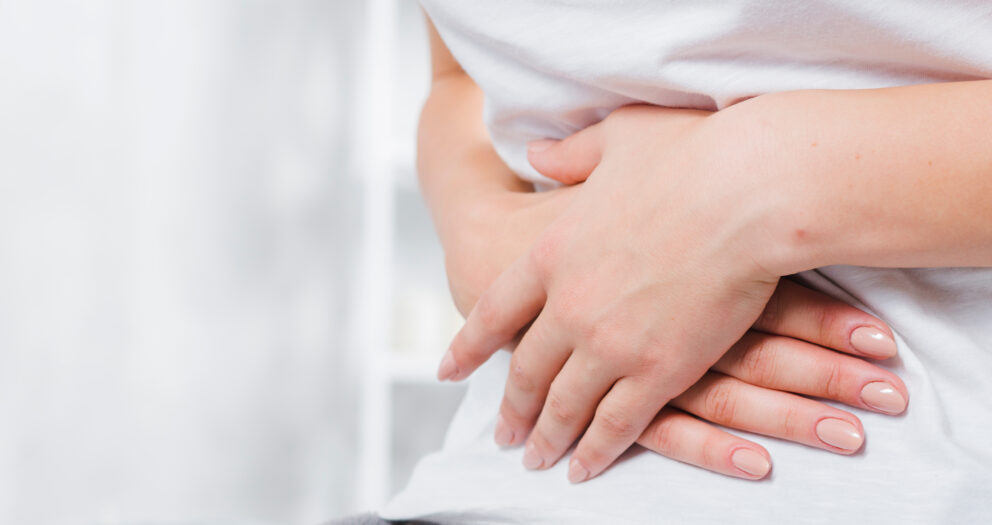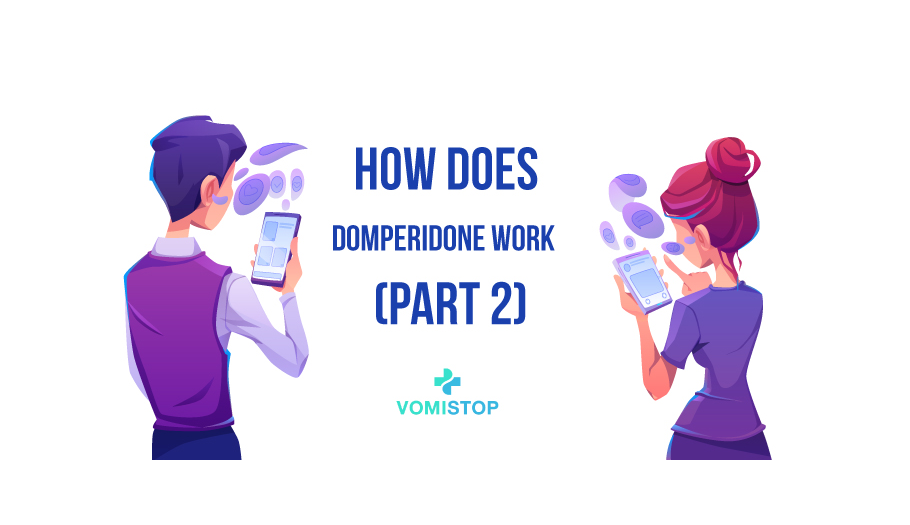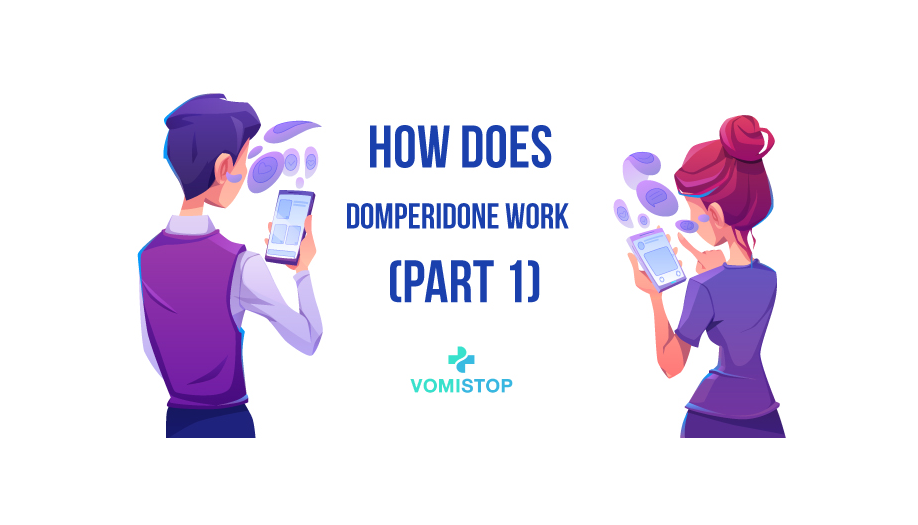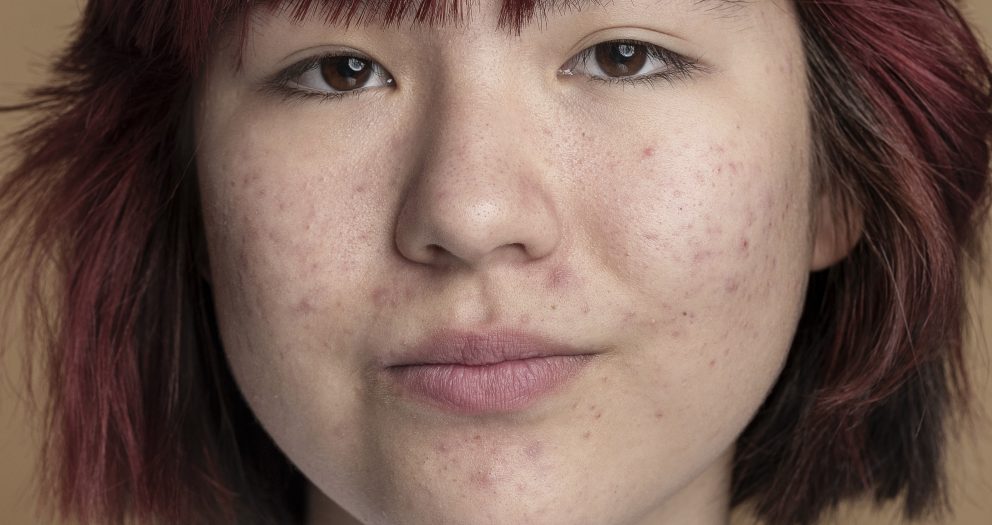IBS and Effective Treatment with Domperidone
It’s difficult to understand that so many processes good and bad are happening in our gastrointestinal tract, just like the positive and negative forces that drive electricity. It brings to mind the reality that the positive and negative elements in our lives are absolutely necessary if we are to attain a full and healthy life. On the one hand we have GI disorders and on the other the medications such as Domperidone to combat them.
A brief overview of IBS
Essentially, irritable bowel syndrome (IBS) can be described as a common disorder which affects the large intestine.
Some of the main signs and symptoms comprise abdominal pain, cramping, diarrhea or constipation, or both, gas accumulation, and bloating.
By its nature, IBS is usually a chronic condition and it involves treatment over the long term.
Despite the fact that it’s a common condition, only a few people who suffer from it show severe signs and symptoms.
In some cases people are successful in controlling their symptoms mainly by managing their diet, make changes to their lifestyle habits and manage their stress and anxiety.
These severe signs and symptoms can be treated with the use of medication and counseling.
Despite its debilitating impact, IBS doesn’t cause alterations to tissues in your bowel or increase your risk of getting colorectal cancer.
The telltale signs of symptoms
Nothing is more telling than the sudden and unexpected appearance of the signs and symptoms of irritable bowel syndrome (IBS) but it should jolt us into immediate action to treat it.
The first and most important action you should take is to let our doctor know that something is amiss and you need help. Don’t worry, you’re in safe hands and your treatment will happen quickly.
Instead of being negative signs Symptoms are truly helpful in giving the doctor some idea of what is causing these symptoms to appear and in most cases an underlying condition is the cause.
This leads you doctor to the crux of the problem and they immediately start treating the underlying condition in the hope that the symptoms will disappear which is usually the case.
IBS signs and symptoms
The signs and symptoms of IBS usually undergo changes but the norm is that once they appear they’ll remain for a long period of time. The most common of them can include:
- Abdominal pain, that’s usually accompanied by cramping or bloating, which are usually the result of the constant movements of your bowel.
- Alterations to the appearance of movement of your bowl
- Changes in the frequency of your bowel movement.
Other symptoms such as bloating, increased gas accumulation and mucus in your stool are often interrelated.
When do you see a doctor?
The best time to see your doctor is when you experience continuous changes in your bowel movements or any other IBS signs or symptoms.
These signs or symptoms may point to a more serious condition of colon cancer and they usually:
- Persistent pain which does not abate with the passing of gas or a bowel movement
- Weight loss
- Difficulty when swallowing
- Nighttime diarrhea bouts
- Strange and unexplained vomiting
- Rectal bleeding
- Anemia caused by deficiency of iron in your body
Causes of IBS
No precise cause of IBS has been pinpointed but there are factors that are thought to play a part in triggering the causes as shown below:
- Contraction of intestinal muscles. The intestinal walls are covered with muscle layers that automatically expand and contract while they push food through your digestive track. The stronger and longer lasting contractions usually cause gas, bloating and diarrhea. The weaker contractions of your intestines usually move food at a slower pace resulting in hard, dry stools that usually result in constipation.
- Disorders in the nervous system. Sometimes, irregular functioning of the nerves in your digestive system may cause you to experience greater discomfort than you normally do. The reason is due to the stretching of your abdomen from gas pressure or stool movements. This sometimes causes the poor coordination of signals between the brain and your intestines that can cause overreaction to the changes in the digestive process which results in pain, diarrhea and constipation.
- Chronic infections. It’s usually the case that IBS may develop following a severe attack of diarrhea (gastroenteritis) from a secondary attack by bacteria or a virus. IBS may also be triggered by an excess presence of bacteria in your intestines also known as bacterial overgrowth.
- Childhood stress. Some people who find themselves exposed to stressful experiences especially during their childhood have the propensity to get more IBS symptoms.
- Microbe changes in your gut. These can involve changes in bacteria the population of bacteria, viruses, and fungi that normally live in the intestines and play key health roles. Research has indicated that the microbes in people with IBS may be very different from those found in healthy people.
Can Domperidone effectively treat IBS?
This generic medication, that contains active ingredient Domperidone, is also known by its brand name Motilium is also used for the treatment of people suffering from irritable bowel syndrome (IBS).
If you are one of those suffering from IBS, Domperidone may be the right medication treatment for you.
This active ingredient has the propensity to block the dopamine receptors in the upper part of your gastrointestinal tract.
This interference can lead to an increased flurry of contractions of the stomach and bowel and by increasing these contractions Domperidone dine (Motilium) assists food to move more smoothly through the stomach.
At the same time, Domperidone can act to relieve nausea and vomiting usually associated with impaired digestion.
Another benefit of Motilium (Domperidone) is its anti-emetic drug that acts as a prokinetic agent that accelerates the digestive process thereby preventing a nauseous feeling.
Bottom line
When you gradually become more familiar with the main features of drug medication Domperidone, by knowing its nature and how it can induce more movement into the gastrointestinal tract, it becomes easier to see how efficacious domperidone can be in treating irritable bowel syndrome or IBS. It should be noted however that there’s a plethora of medications and natural remedies that can be used for treating IBS.










